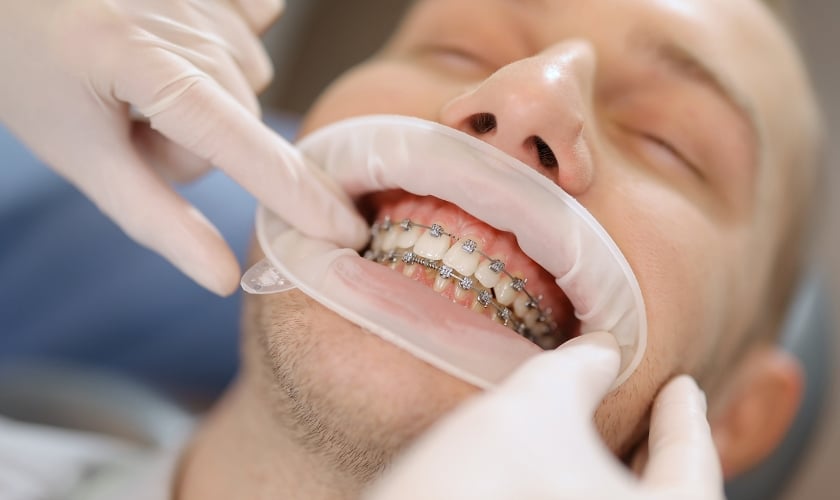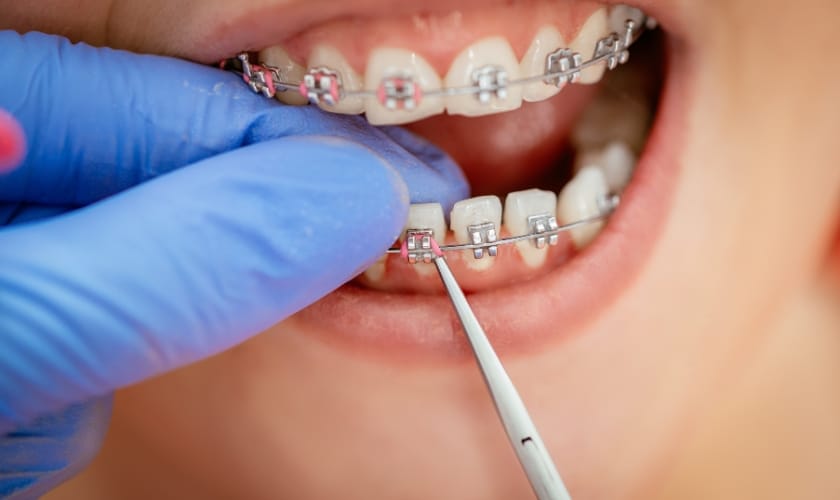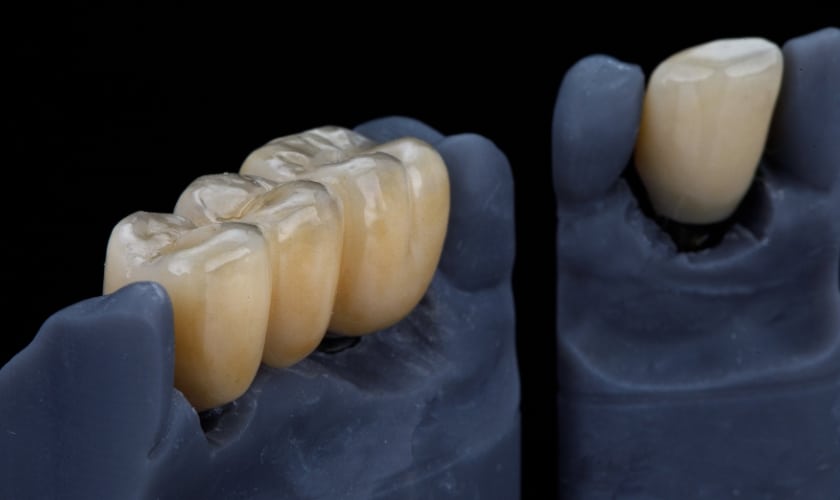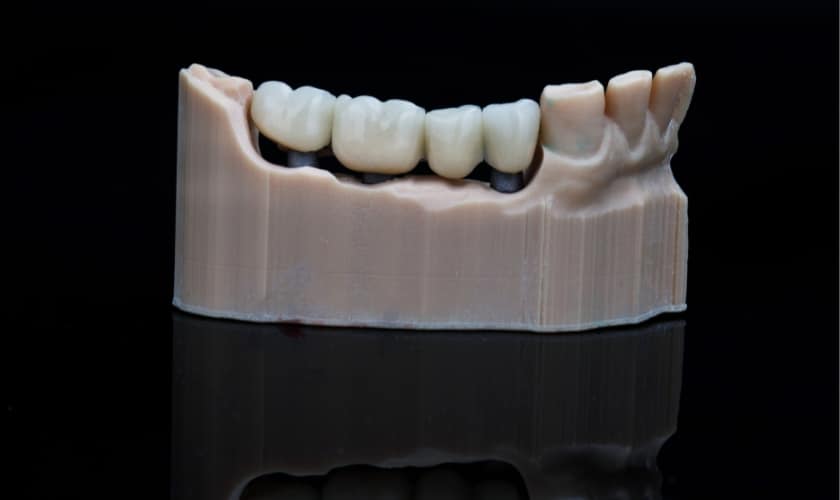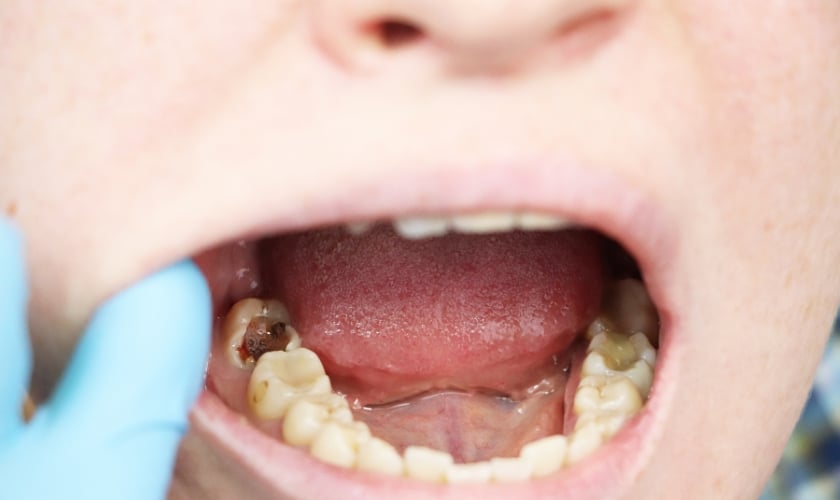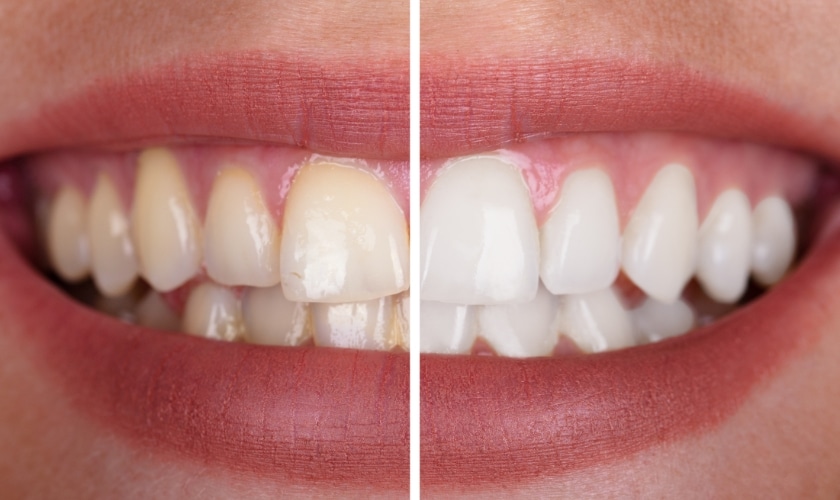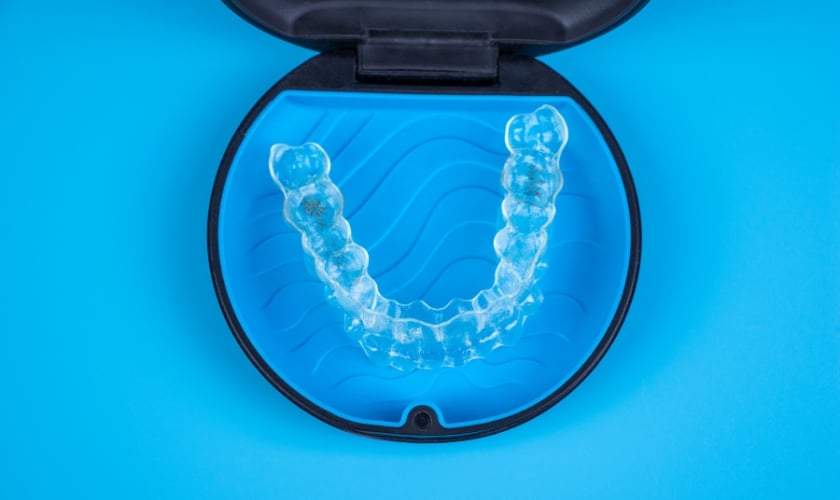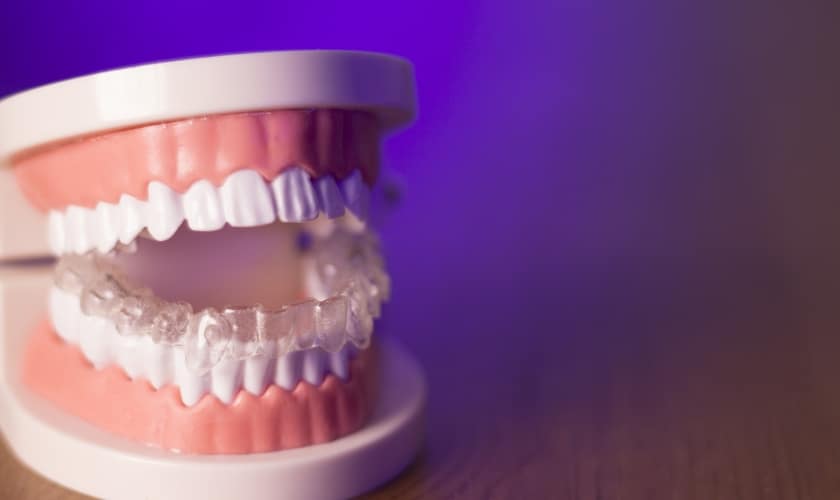Pain Management During And After A Root Canal Therapy
Pain management is a critical component of the root canal therapy process. Patients may experience anxiety and discomfort at the mere thought of the procedure, but understanding what to expect can alleviate some of that stress. After the procedure, dentists typically recommend over-the-counter pain relievers, and in some cases, prescribed medications to help control inflammation and manage pain effectively.
In addition, some practices may provide ice packs or recommend their use at home to minimize swelling and discomfort. It is important for patients to follow their dentist's guidelines for pain management and to communicate any persistent or severe pain that may suggest complications. Thorough post-treatment care not only encourages healing but also contributes to a smoother recovery process.
How Much Does Professional Teeth Whitening Cost?
The cost of professional teeth whitening can vary significantly based on several factors, including the type of treatment selected and the location of the dental practice. Generally, in-office whitening treatments tend to be more expensive than at-home kits provided by your dentist. Factors such as the reputation of the practice and the expertise of the dental professionals can also influence the final price.
Additionally, some dental insurance plans may cover a portion of the teeth whitening cost, although this is not common since whitening is often considered a cosmetic procedure. Patients should weigh these costs against the potential benefits of professional whitening, such as more dramatic and quicker results compared to over-the-counter options. A consultation with your dentist can provide tailored information about what to expect in terms of pricing and outcomes.
Who Is a Good Candidate for a Dental Bridge?
A good candidate for a dental bridge typically has one or more missing teeth and sufficient healthy tooth structure on either side of the gap to support the bridge. This means that neighboring teeth should be strong enough to endure the additional pressure exerted by the bridge. Individuals suffering from gum disease or those lacking adequate bone structure may need to address these issues before being considered suitable candidates.
Furthermore, patients' overall oral health plays a crucial role in candidacy for a dental bridge. Regular dental check-ups and thorough evaluations allow dentists to determine the best options for restoring smiles. A collaborative approach between the patient and the dentist can ensure that all factors are considered to achieve the best functional and aesthetic results.
The Role Of Technology In Advancing Denture Comfort And Functionality
The evolution of technology in dentistry has profoundly influenced the design and production of dentures, significantly improving patient comfort and functionality. For instance, advanced materials such as flexible acrylics and biomimetic substances are now commonly used to create lightweight, yet durable dentures that can mimic the natural appearance of teeth and gums. Furthermore, digital impressions and computer-aided design (CAD) technologies streamline the fitting process, ensuring a more accurate and comfortable fit.
Additionally, innovations like implant-supported dentures offer enhanced stability for patients who may otherwise struggle with traditional removable options. This advancement allows for greater confidence and improved chewing efficiency. As technology continues to advance, the future of denture solutions looks promising, providing more options for individuals with varying degrees of oral health needs.


